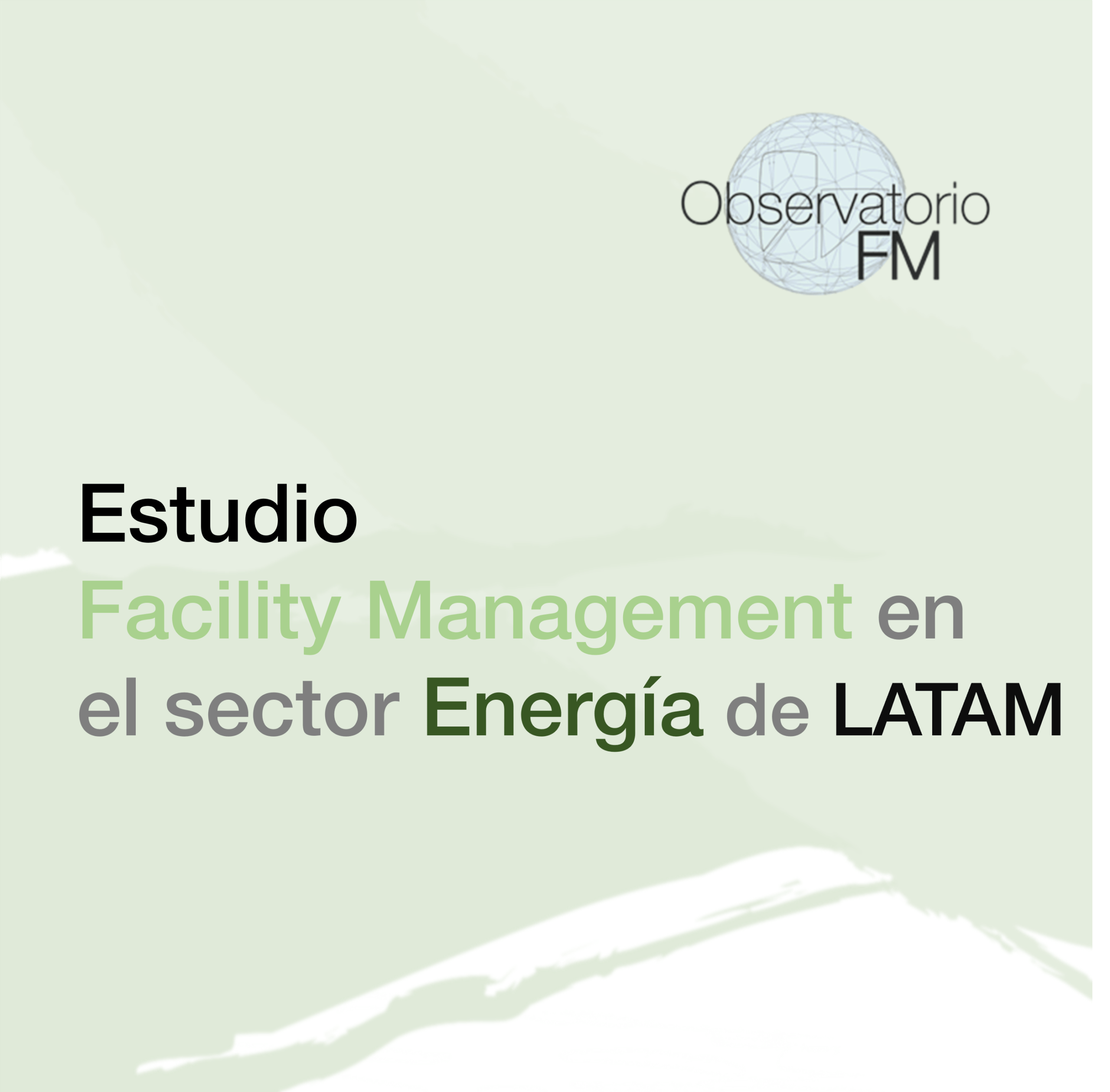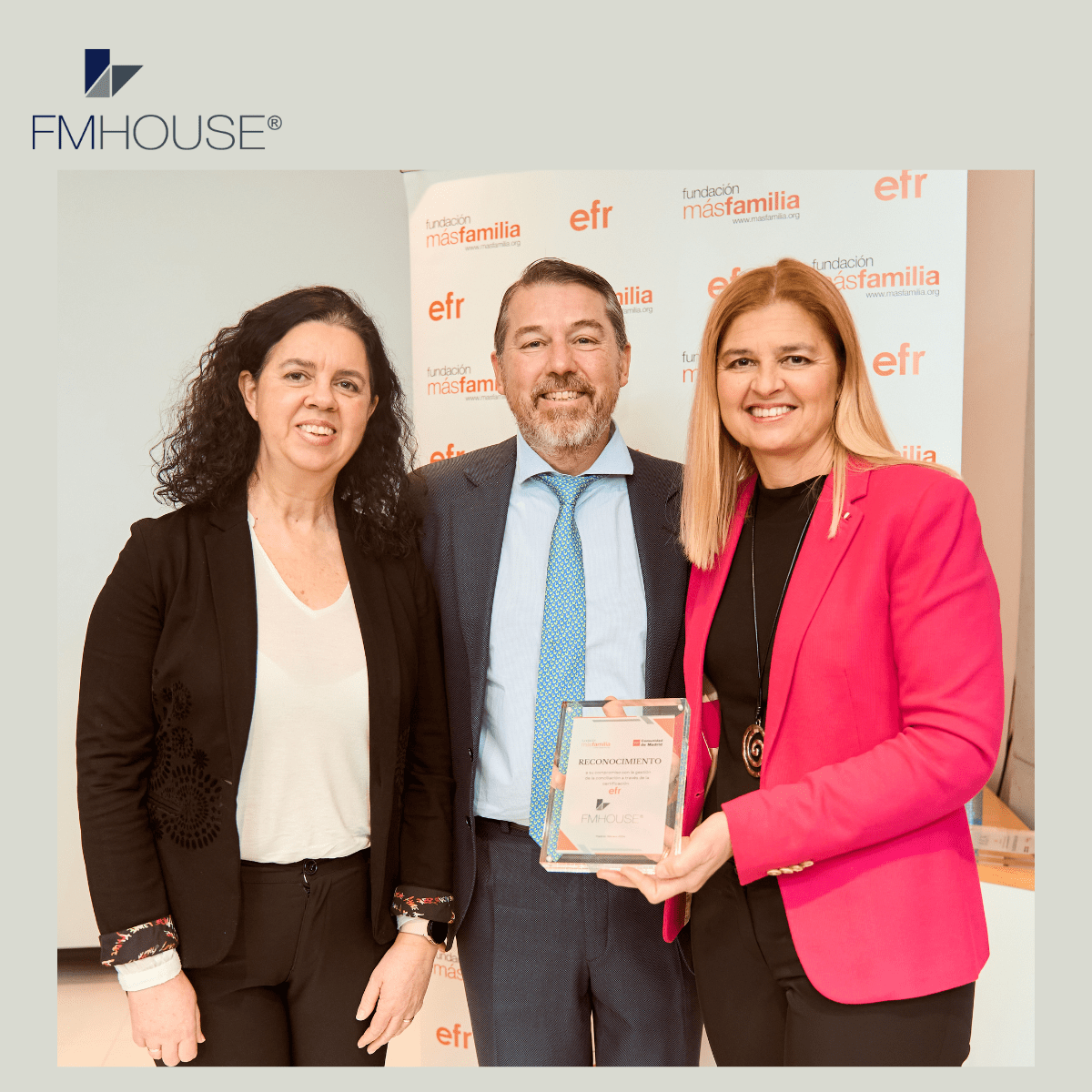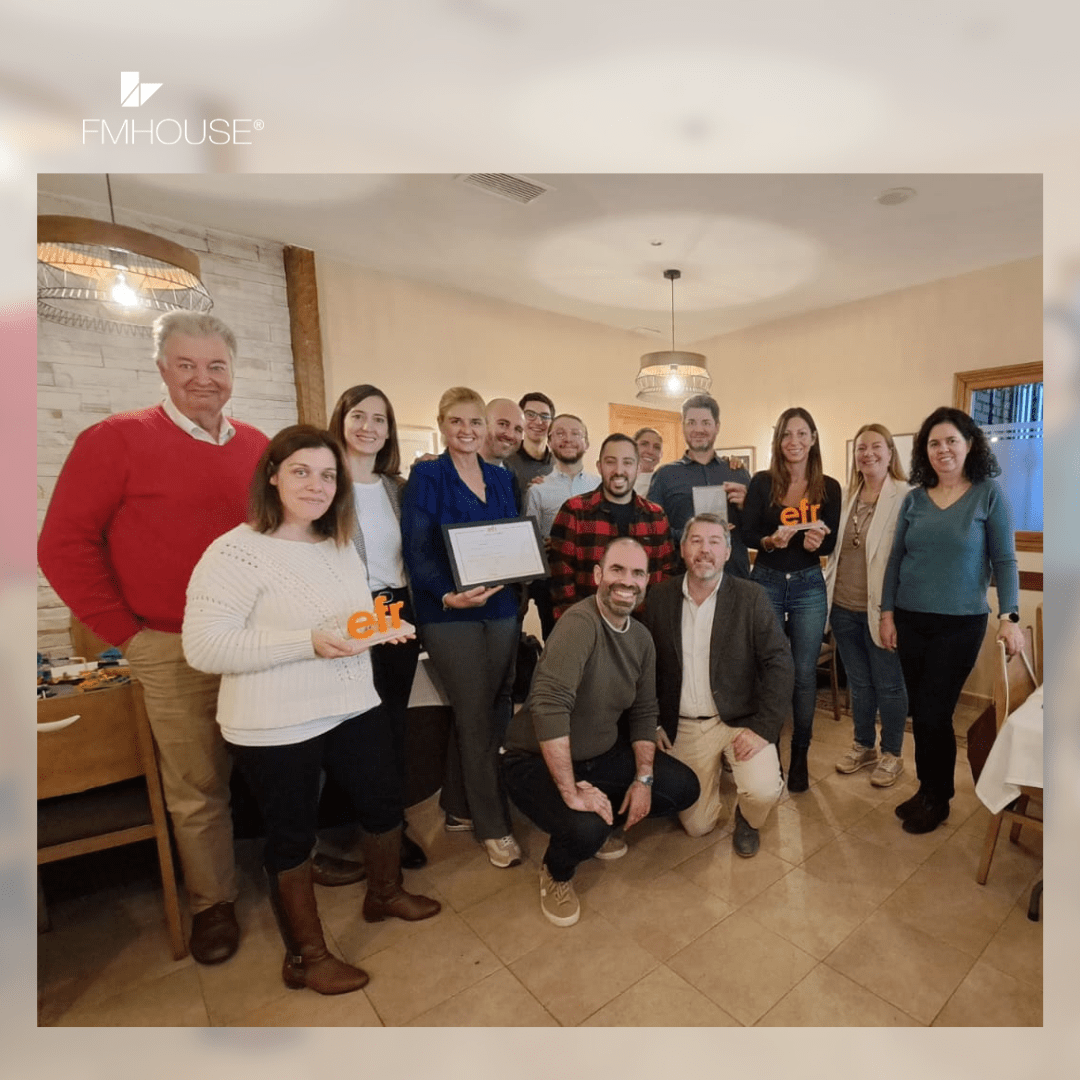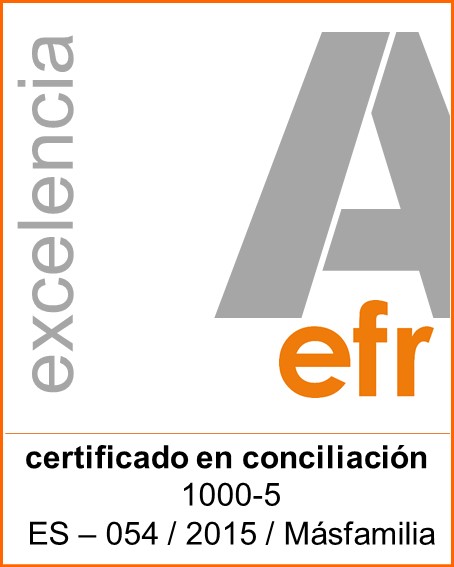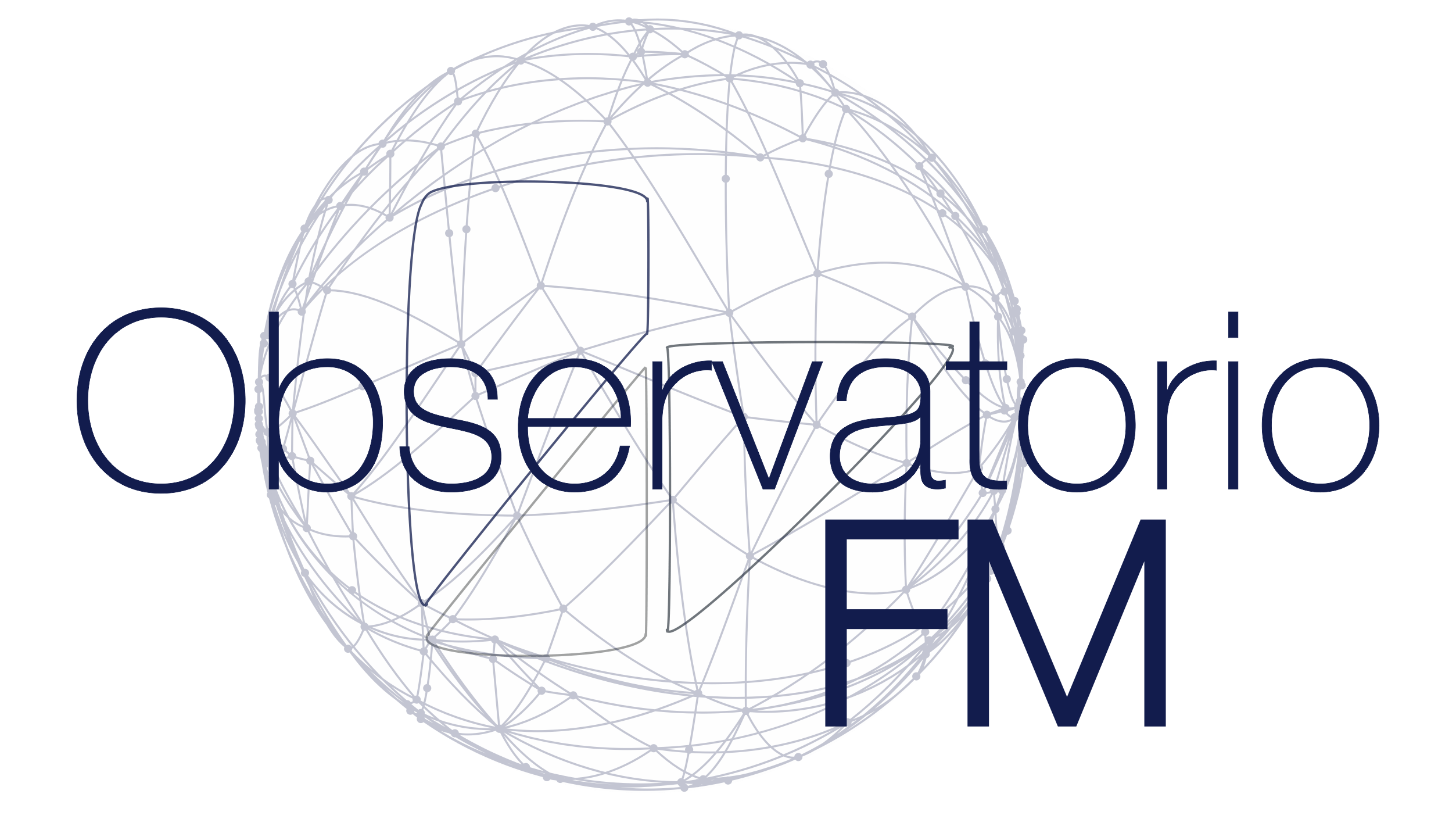If any given building works from an operational point of view, in so far that it is accessible and efficient, yet the people who use it or live in it cannot perform their activities optimally, the model fails. We’ve been heralding this for years, and lockdown measures appear to have made the concept all the more significant. Businesses are reconsidering the purpose of offices and other real estate, hence, Facility Management will have to align itself with their decisions. We need to pave the way.
The scope of FM
The discipline itself is broad: in more self-explanatory terms we could say that a degree in FM encompasses a wide array of areas from corporate Real Estate or energy to spaces, projects or the most operational of services. The matter at hand is that the final decision as what to include or exclude concerning the functions of the support department is up to the client company who receives these very services. Likewise, clients also determine how they wish to meet their needs and the resources they will allocate to do so. Hence, it is even more essential to clarify what FM is and what it actually spans or can span.
Competencies have changed extensively and very rapidly. According to European standard 15221-4, taxonomy, classification and structures in Facility Management, IT is considered as part of support. Not only is this unthinkable today, but it could also sow dissent among a truly influential business area. Some attributions have been replaced by others which must be recognised and included in the models. Recent international standards, specifically ISO 41011, include people as a key aspect when defining FM. Incidentally, this is the only noun which is repeated, indicating a new approach to and increased relevance of users and occupants, rather than real estate itself.
People and Facility Management
When we were structuring the modules of our Master’s degree five years ago, some advisors considered that it was excessive to dedicate one entire module to client management and two to personal development and team management. Today, everyone agrees it was the right choice. While it is necessary to understand the people, who live in the buildings and those who give them support, more importantly, we must nurture the relationships between them. Individuals who interact with buildings, their needs or their expectations are diverse. Therefore, in order to facilitate personal relationships, there must be good psychology: no two people are the same, and we react to things differently. Despite the fact that we keep this very much in mind when we manage changes in a project, routine procedures also require a range of particular skills.
The FM department must ensure that the right people are in the right job when it comes to equipment and facilities. In practical terms, one has to analyse to what extent each FM area impacts equipment and assets, and how those same elements affect people. Once we have the results, decisions should be taken with a view to striking a balance between both considerations. This is where psychology comes into play, in a bid to interpret individuals’ behaviour and predict their response.
Having said this, I have no intention of undermining the importance of maintenance, a key aspect of asset management support, and hence of FM. My point is that maintenance strategies must be defined without losing sight of individuals and above all, their interaction with the equipment concerned. This may also lead to greater recognition of these professionals, who are blamed when it is hot or cold, or something is out of order. They probably haven’t designed, calculated, installed or even seen the facilities they are now responsible for, yet they are expected to solve problems that may go back a long way. Suum cuique, or to each his own, yet sometimes maintenance companies are given responsibilities they should not accept.



